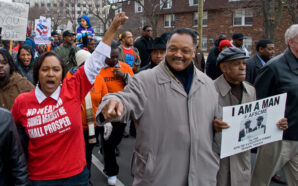June is Pride Month and transgender advocates are speaking out, seeking equal recognition in society and in the workplace.
The U.S. Supreme Court recently ruled President Donald Trump can enforce a ban on transgender people in the military while litigation proceeds.
Martha Gomez, director of workforce development for the nonprofit Trans Can Work, said the attacks on transgender people ultimately hurt society as a whole.
“Transgender people are at the forefront of a lot of those cuts and those attacks,” Gomez pointed out. “The truth is that these DEI cuts, they hurt all of us as a nation to not have opinions outside of just one.”
The armed forces are also changing the names of transgender members of the military back to their names at birth. Trans Can Work encourages all employers to consider the harm of deadnaming people and to make sure health care policy and legal paperwork is inclusive.
They offer job training and reentry services to fight higher unemployment rates among transgender groups, which range from 9% to 16%, much higher than the national rate of 4.2%.
Gomez would like employers to make sure employee compensation is fair and based entirely on a job well done, without regard to gender identity.
“Compared to a white cis man, gay or lesbian women tend to make about 89 cents of that dollar,” Gomez pointed out. “Transgender people make about 69 cents, and black transgender women only make 43 cents of that dollar.”
Transgender, gender-diverse and intersex individuals continue to face high rates of economic insecurity, job discrimination and barriers to stable employment.





